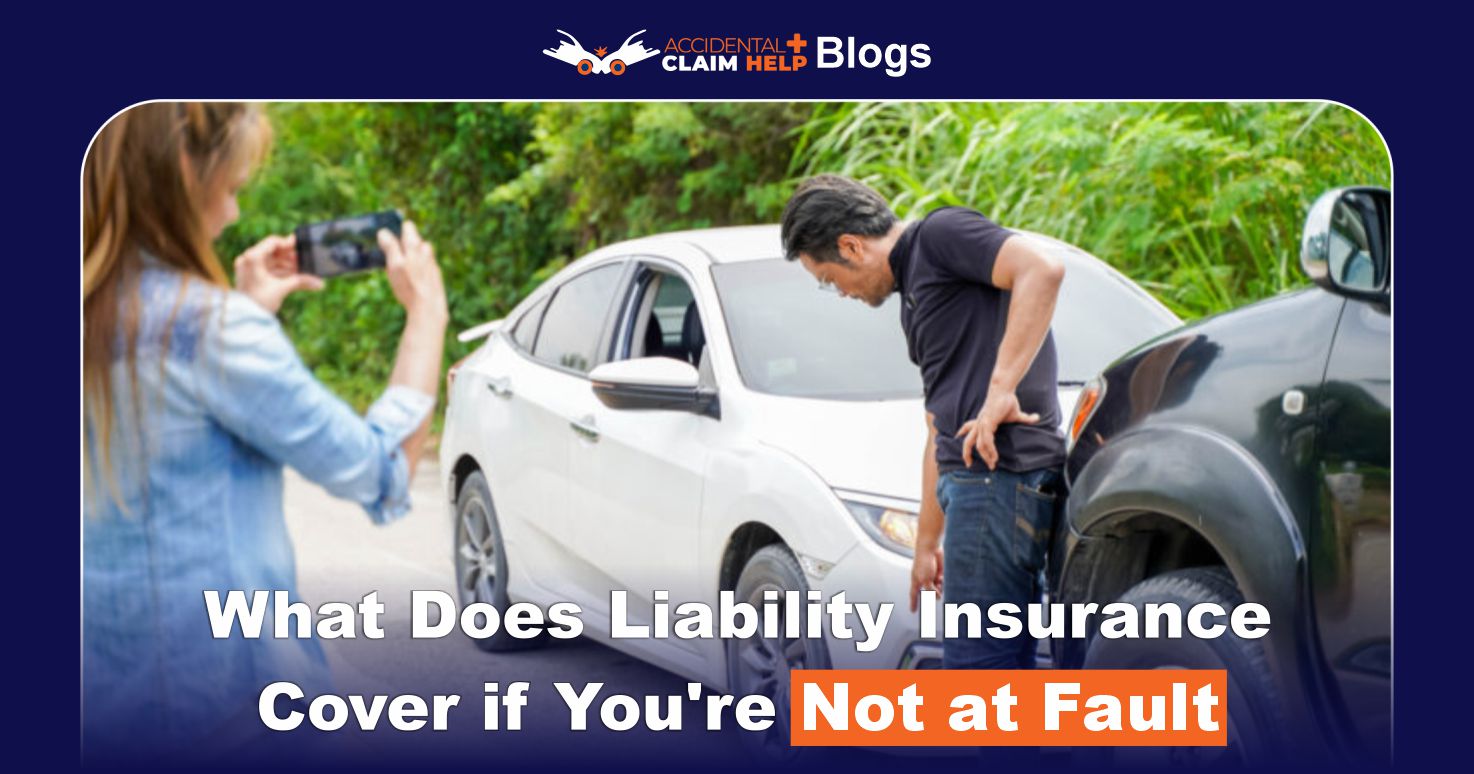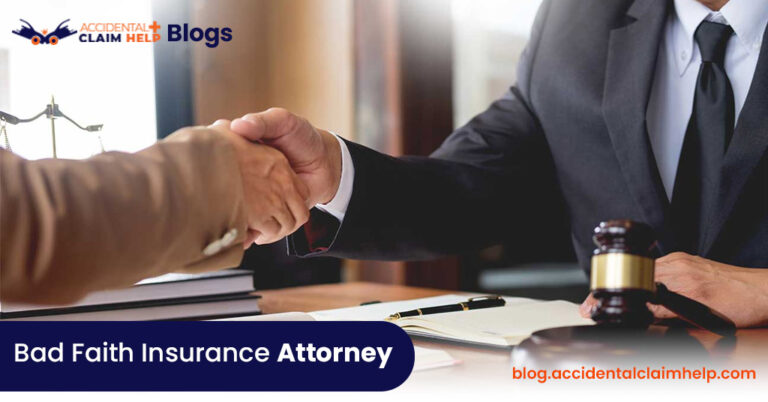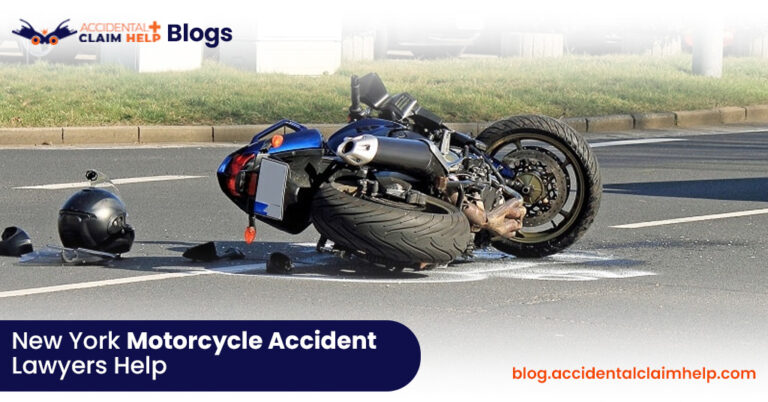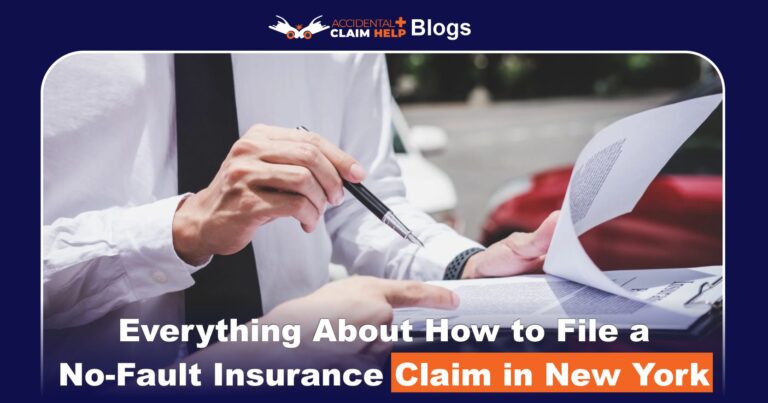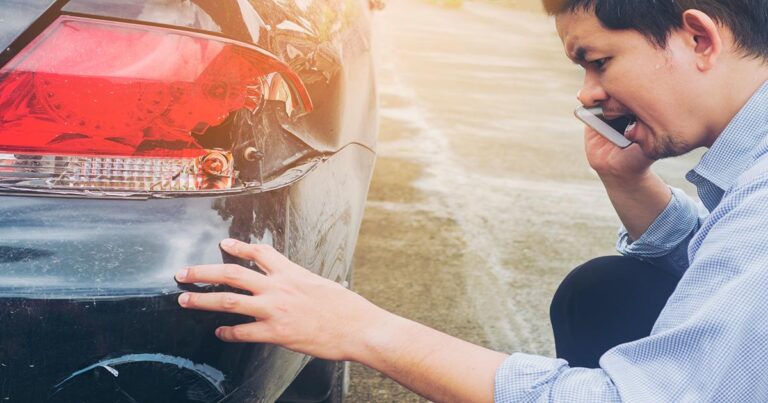What Does Liability Insurance Cover if You’re Not at Fault
If you aren’t at fault for an accident or injury, your liability insurance generally won’t pay for your damages. Liability insurance is designed to cover third parties and your defense, not your own losses. In practical terms, this means if another driver, guest, or client causes the harm, their liability insurance (or your own uninsured/underinsured coverage) should pay your medical bills and property damage. Your own liability policy, in contrast, will step in only to protect you – for example by providing an attorney if someone wrongfully sues you – but it does not cover your personal injuries, vehicle repairs, or belongings.
Liability insurance covers the other party’s losses and your legal defense, up to your policy limits. If you’re not to blame, you typically make claims against the at-fault party’s liability coverage. However, you should still notify your insurer of the accident, since your policy’s duty to defend means it will handle any lawsuit filed against you – even if you’re innocent. Below, we explain how this works for different liability policies (auto, homeowners, business) and clarify exactly what is and isn’t covered when you aren’t at fault.
How Liability Insurance Works: Covering Others, Not You
Liability insurance (auto or general liability) protects you from paying costs if you cause injury or damage to someone else. It typically includes two main coverages: bodily injury liability and property damage liability. These pay the other person’s medical bills, lost wages, pain and suffering, or property repairs if you are at fault in an accident. Crucially, liability insurance does not cover your own injuries or vehicle damage – those are covered by your own health insurance, collision or comprehensive auto coverage, etc.
For example, if a driver crashes into the back of your car at a traffic light (and you’re clearly not at fault), their liability insurance should pay for your car repairs and any injuries you sustained. Your liability policy will not pay these costs because you did not cause the crash. Instead, your policy’s role in this scenario is largely protective – it will defend you if that driver or their insurer tries to claim you were partially to blame.
Under most liability policies, the insurer has a duty to defend you in court (hiring attorneys, paying legal fees and court costs) up to the policy’s limits. This duty exists even if the claims against you are baseless or you were not at fault.
In short, liability insurance pays other people’s losses when you cause them, plus your legal costs if you’re sued. If you are not at fault, your own losses are normally handled by other coverages (or by the at-fault party’s insurer).
Auto Liability Insurance
Coverage for Others (Bodily Injury and Property Damage)
Auto liability insurance is mandatory in almost every U.S. state. It has two parts: Bodily Injury (BI) liability and Property Damage (PD) liability. Both cover others, not you. BI liability pays for another person’s medical expenses, lost wages, and legal costs if you are found responsible for injuring them. PD liability pays for repair or replacement of their vehicle or other property (fence, street sign, etc.) that you damaged. For instance, if you rear-end another car and hurt its driver, your BI liability would pay that driver’s hospital bills. If you bump into a storefront sign, your PD liability would cover fixing the sign.
If You’re Not at Fault in a Car Accident
When you are not at fault in an auto accident, your liability insurance is generally not used to pay for your damages. Instead:
- The at-fault driver’s liability insurance should pay your costs. In an at-fault (tort) state, you would file a claim with the other driver’s insurer. That insurer covers your medical bills, car repair or replacement, lost income, and even pain-and-suffering up to their policy limits. For example, if another driver runs a red light and hits you, you file with their liability carrier. Once the fault is confirmed, that insurer pays your bills.
- Your uninsured/underinsured motorist (UM/UIM) may kick in. If the at-fault driver has no insurance or insufficient coverage, your own UM/UIM auto policy will cover your injuries (and sometimes vehicle damage). This is effectively your insurance acting as the “other driver’s” insurer.
- Your own collision or comprehensive insurance handles your car damage. If you have collision coverage, it pays to repair your car regardless of fault. If you lack collision, you rely on the other driver’s liability or sue them directly.
Through all this, your liability coverage remains untouched unless someone sues you. If they do, even mistakenly, your insurer provides legal defense. Many policies explicitly state the insurer must defend you in any covered lawsuit (the “duty to defend”), even if you were innocent. So, liability insurance for auto covers others’ losses and your defense in court, not your personal damages.
Example – Car Accident
Scenario: Alice is stopped at a green light when Bob runs a red light and hits her. Alice is not at fault. Bob’s insurance will cover Alice’s medical bills and car repairs (up to Bob’s limits). Alice’s own liability insurance does not pay her losses; however, if Bob or his insurer wrongly claims Alice was partially at fault, her insurer will provide a lawyer and defend her.
Homeowners and Personal Liability Insurance
Personal liability coverage on homeowners, renters, or condo insurance works similarly for accidents off the road. It covers injuries or damage to others when you are legally responsible for them. For instance, if a guest slips on a broken handrail that you knew needed repair, your homeowner’s liability would pay that guest’s medical bills and legal costs up to your policy limit. It will also cover your legal defense if they sue you.
If You’re Not at Fault at Home
If someone is injured on your property but you’re not at fault, your liability coverage normally pays nothing to them, because you did not cause the hazard. For example, if a delivery person trips over a box you hadn’t left there (i.e., it was their own mishap), you’re not legally liable, so your insurance doesn’t pay. However, if they do sue you anyway, your insurer is likely to defend you in court (since it might be a covered “occurrence” under your policy), but ultimately no payout is made unless you are found at fault.
Your personal liability coverage “may pay for injuries and legal fees” only if you’re legally liable. Importantly, most home policies also include a Medical Payments to Others section. This pays small medical claims (often up to $1,000–$5,000) for anyone injured on your property, regardless of fault. So if a neighbor falls and breaks an arm on your icy porch but chooses not to sue, you can use this medical payments coverage to help pay their ER bill. But again, even that is a benefit you extend to others.
In summary, home liability insurance covers guests’ injuries or damage that you cause, plus your legal fees if sued. It does not cover your own injuries or household losses, nor does it pay out if you truly had no responsibility.
Example – Slip and Fall
Scenario: Carla owns a home with a pool. A friend trips on an unsecured pool gate and sprains her ankle. Carla is responsible for fixing that gate, so her homeowner’s liability will cover the friend’s medical bills and legal fees if sued. Now, assume instead that the friend slipped while jumping from the pool independently, and Carla was not negligent. If the friend nonetheless sues Carla, the homeowner’s insurer will likely defend Carla, but Carla’s policy won’t pay damages unless Carla is found legally at fault.
Business and Commercial General Liability Insurance
For businesses, General Liability (GL) insurance (often part of a Business Owner’s Policy) works on the same principle. It covers third-party claims of bodily injury or property damage caused by the business operations or premises, and it covers legal defense costs. Typical covered events include a customer slipping in a store, a product causing harm, or damage caused by your employees. The policy will pay the injured party’s damages (medical bills, repairs, etc.) up to its limits, and pay your legal defense if you’re sued.
If Your Business Isn’t at Fault
Even if your business is not at fault, a general liability policy will still defend you in a lawsuit. Lawsuits can happen without basis, and the insurer’s duty to defend applies. GL “can help with some legal costs, settlements and damages” to protect your business from financial strain, even if your business did nothing wrong. If someone sues your company over an incident that wasn’t your fault (or isn’t clearly proven), your GL insurer still sends a lawyer to fight the case and pay the bills up to the policy limit.
If your business truly isn’t liable, then no indemnity payment is made to the claimant. Instead, the claim is denied or settled defensively. But in all events, your GL insurer pays for your defense costs (attorneys’ fees, expert witnesses, court costs) so you aren’t personally on the hook. Also, GL does not cover damage to your own business property or your workers’ injuries (those are covered under separate property and workers’ comp policies).
Example – Retail Store Incident
Scenario: Marco owns a small shop. A customer slips on spilled juice in the aisle and claims injury. Marco’s business liability policy covers the customer’s medical bills and Marco’s legal defense if Marco is found negligent. Suppose instead that the spill was caused moments before by the customer’s own clumsiness, not by any negligence on Marco’s part. Even so, if the customer sues, Marco’s GL insurer will step in and cover Marco’s legal fees. If Marco is ultimately cleared of fault, the insurer simply closes the claim after defending him.
Covered Costs vs. Your Costs
To sum up, liability insurance pays the injured third party and your defense, not your own losses. Covered costs generally include:
- Third-party medical expenses and damages – e.g. the other person’s hospital bills, property repairs, lost income and pain-and-suffering awards if you caused the harm.
- Legal defense fees and court costs – even if you are innocent or partially at fault, your insurer pays lawyers and court expenses up to policy limits.
- Settlements or judgments – any settlement agreements or court-awarded damages the policy requires you to pay.
By contrast, liability insurance does not cover:
- Your own medical bills or vehicle/property damage if you’re not at fault.
- Your lost wages or personal expenses resulting from the accident.
- Intentional or illegal acts you commit.
- Damage to your own property or business assets.
- Punitive damages in many states, unless the policy explicitly covers them.
In an auto context, for example, your collision coverage handles your car repairs, and PIP (in no-fault states) or MedPay covers your medical costs. For a homeowner, your own medical bills and home repairs are not covered by liability at all.
How Fault Affects the Claims Process
Fault determines which insurance company pays. In at-fault (tort) states, the at-fault party’s liability insurer pays the victim’s losses. If you are clearly not at fault, you or your lawyer will file a claim against the other driver or party. Their insurer investigates and should pay your repair bills and medical costs up to their limits. If they dispute fault or delay payment, you may need to be persistent or consult an attorney. If the at-fault party is uninsured or underinsured, your own policy’s UM/UIM kicks in.
In no-fault states, each driver turns first to their own Personal Injury Protection (PIP) coverage for medical bills and wage loss, regardless of fault. Beyond the PIP limits or in cases of serious injury, fault comes back into play and the at-fault driver’s liability insurance covers additional costs. But even in no-fault states, liability insurers still cover others’ damages if a lawsuit arises over serious injuries.
Importantly, you should always report the accident to your insurer, even if you weren’t to blame. Your policy contract typically requires notification of any accident. This protects you if new issues emerge (for example, if an unexpected injury shows up later). Insurers advise reporting a claim “even if it’s not your fault,” because they are obligated to protect your interests and may cover additional aspects of the loss.
When you notify your insurer, they will reserve the right to subrogate – that is, if they do pay something on your behalf, they can pursue the at-fault party’s insurer to recover those costs. This helps keep your premiums down. But in any event, your liability coverage kicks in only to defend or indemnify you against third-party claims, regardless of fault.
FAQs
Q: If someone else caused the accident, should I use my liability insurance?
A: No. If you’re not at fault, you typically file claims with the at-fault party’s insurance. Your liability insurance is for accidents you cause. You may use your own collision or uninsured motorist coverage if needed, but not your liability.
Q: Does liability insurance cover legal fees if I’m wrongly sued after an accident?
A: Yes. Liability policies include a “duty to defend,” so your insurer must provide and pay for your attorney and related legal costs, up to the policy limits, even if you did nothing wrong.
Q: If I’m not at fault, will my rates go up if I file a claim?
A: Typically not. Insurance companies usually do not raise your premium for a claim where you are not at fault. It’s wise to check your insurer’s specific guidelines, but many policies explicitly avoid surcharge for not-at-fault accidents.
Q: What if the at-fault party has no insurance?
A: If the other driver or party has no coverage, your uninsured motorist (UM) coverage should apply. UM/UIM coverage can pay for your injuries and property damage when the at-fault person lacks insurance. You would file that claim with your own insurer under UM.
Q: Will my liability insurance pay for my medical bills if I’m hurt in the accident?
A: No. Liability insurance never covers your own medical bills; it only pays others’ bills. Your medical costs will be covered by your own health insurance, or your auto policy’s MedPay/PIP if available, or by the at-fault party’s BI coverage if you sue them.
Q: What happens if I’m partially at fault?
A: If both parties share fault, each person’s insurer may pay their own share of damages under comparative negligence rules. Your liability insurance would cover the percentage of damages for which you are responsible. For example, if you are 25% at fault, your liability might pay 25% of the total damages.
Q: Is my property damage covered if I’m not at fault?
A: No. Your liability insurance never covers your own property. If someone else damaged your car or home and they’re at fault, their liability (or your collision insurance for car damage) must cover your repair costs.
Q: Can my liability insurance deny covering me even if I’m innocent?
A: In very rare cases, an insurer might dispute coverage based on policy terms (e.g., if the accident falls under an exclusion). But generally, if the claim against you is covered by the policy, the insurer must defend you in court. It’s important to report the claim promptly and provide all facts to avoid any technical denial.

